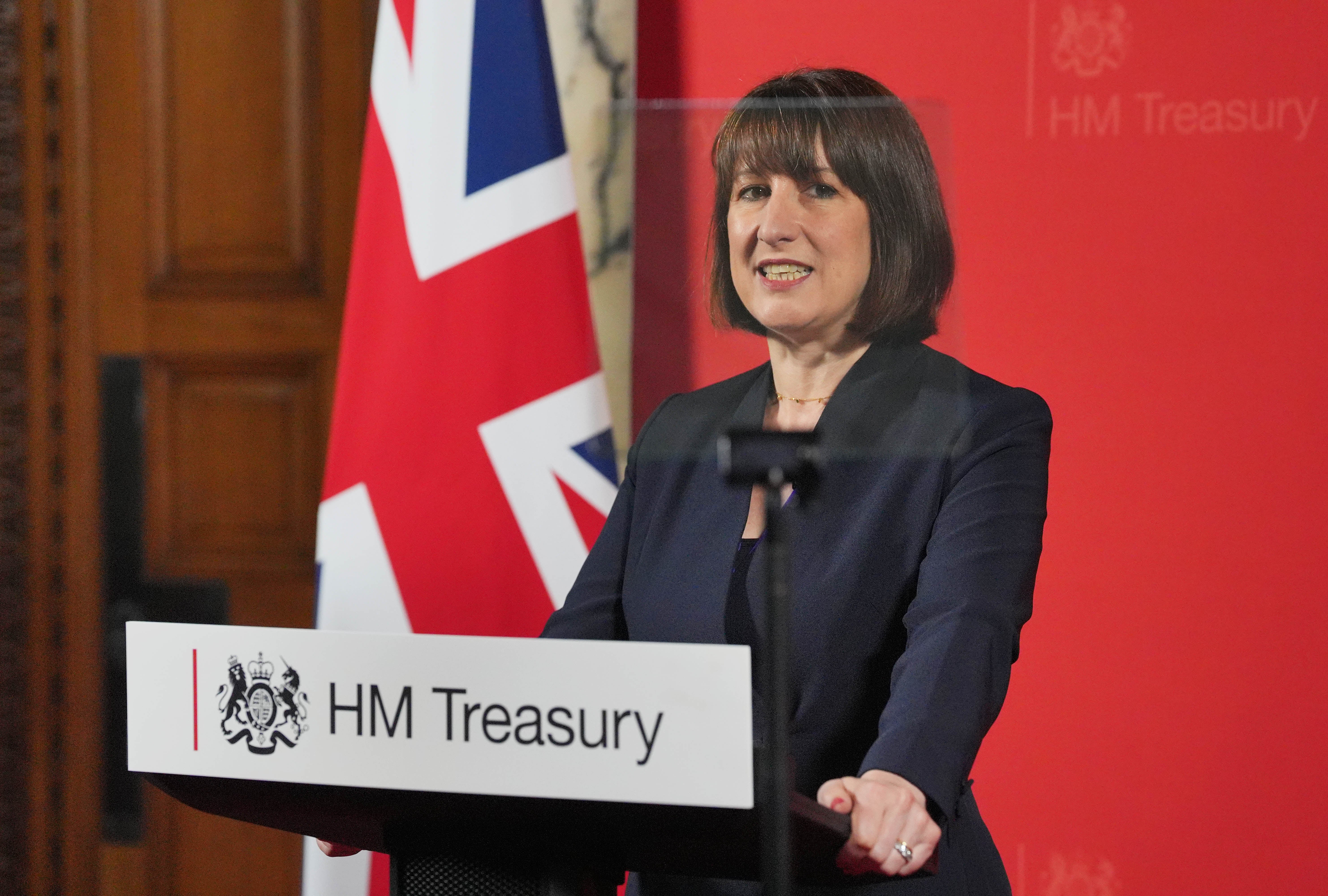Labour plans to pin its tax bombshell on the Tories… and it might just work
Rachel Reeves is set to squeeze the better-off this autumn with new capital gains rules and by closing inheritance tax loopholes. The grab won’t break any manifesto pledges, and, better still, the opposition will get the blame, says Andrew Grice


A parliamentary showdown between Keir Starmer and Labour’s band of left-wing MPs was inevitable – though it wasn’t expected quite so soon.
The prime minister was always going to deal with their revolt ruthlessly, as he did by suspending the seven MPs who backed an SNP amendment calling for the two-child benefit limit to be scrapped.
If the MPs had rebelled in a debate staged by the SNP, they might have got off with a warning from the whips. But voting against the government on the King’s Speech is seen by the Labour leadership as one of the three cardinal parliamentary sins, the second and third being to vote against the government on a Budget or an issue of confidence.
Starmer didn’t pick this early fight – it wasn’t in his “first 100 days” script to hit the proverbial ground running – but his action sent a message to Labour MPs tempted to rebel on other issues, and a message to the public that he will not be pushed around by the left.
The two-child cap was symbolic in the election campaign, illustrating Labour’s “no unfunded promises” rule, and is still symbolic now. The reality is that no Labour MP, including the cabinet, really wants to keep it. But doing nothing about the cap is a decision, too, as it will push more children into poverty: 670,000 would be affected by the end of the five-year parliament, with low-income families typically denied an extra £3,500 a year in universal credit for every extra child.
Although the cap would cost about £3.4bn a year to remove, the irony is that the government might well promise to abolish it before the seven MPs have served their six-month suspension from the parliamentary Labour Party.
There are growing signs that Rachel Reeves will find a way to announce its demise in her first Budget in October. “It’s a timing issue,” one minister told me. Scrapping the cap now would have sent the wrong signal to voters and the financial markets by devaluing Labour’s pledge to promise only what it could afford.
It will be easier for the chancellor to ditch the hated policy as part of a wider package in the autumn following the review, hastily announced last week, by Bridget Phillipson, the education secretary, and Liz Kendall, the work and pensions secretary.
To create room to scrap the cap, I think Reeves will pave the way for tax rises in the Budget when she makes a Commons statement early next week on the Treasury’s review of the spending pressures facing every government department. Reeves warned the cabinet on Tuesday that “difficult decisions will be needed to fix the foundations of the public finances”. Get ready to hear those words thousands of times.
Across government, Labour ministers tell us that the state of public services is “worse than we thought”. The Conservatives dismiss this as “spin” – but there’s growing evidence to support it. The Institute for Government reported on Monday that on current budgets, “most services are likely to be performing worse at the next election in 2028-29 than at the last election in 2019”.
But the think tank rightly warned that money alone will not prevent decline; reforms are needed in order to boost productivity. On Tuesday, spending watchdog the National Audit Office issued 12 reports about the parlous state of public services, including a warning that the NHS might “break” under an “unprecedented” challenge.
The Treasury review will confirm this bleak picture, bolstering Labour’s attempt to blame tax rises on their rotten inheritance from the Tories. There’s a growing view among ministers that such a move cannot be delayed. Labour MPs expect Reeves to raise taxes by between £10bn and £20bn in a “fair tax” strategy targeting the better-off through higher capital gains tax and closing inheritance tax loopholes. This would not breach the Labour manifesto pledge not to raise income tax, national insurance or VAT. The chancellor could argue that Labour has a mandate for rescue spending to prevent public services from getting even worse, because it promised “no return to austerity”.
The Tories will claim that Labour had a secret plan to raise taxes all along. It’s true that the state we’re in should not be a total surprise: the Institute for Fiscal Studies told us before the election that there was a “conspiracy of silence” between both main parties on tax and spending.
However, some senior Labour figures favoured an alternative plan to muddle through for a couple of years in the hope that higher economic growth would ride to the rescue of public services. But this approach seems to have lost support since the election, as the scale of the crisis has become more apparent.
If Labour delayed tax rises for two years, it would get the blame when they happened – and it would be closer to the next election. By acting now, Labour will try to turn the tables by pinning a Tory label on the autumn tax bombshell.
Yes, it’s a crude and utterly ruthless blame game. But it will probably work. Although the Tories will cry foul, they will deserve all the blame they get for leaving our public services on an unsustainable path.
Join our commenting forum
Join thought-provoking conversations, follow other Independent readers and see their replies
Comments
Bookmark popover
Removed from bookmarks